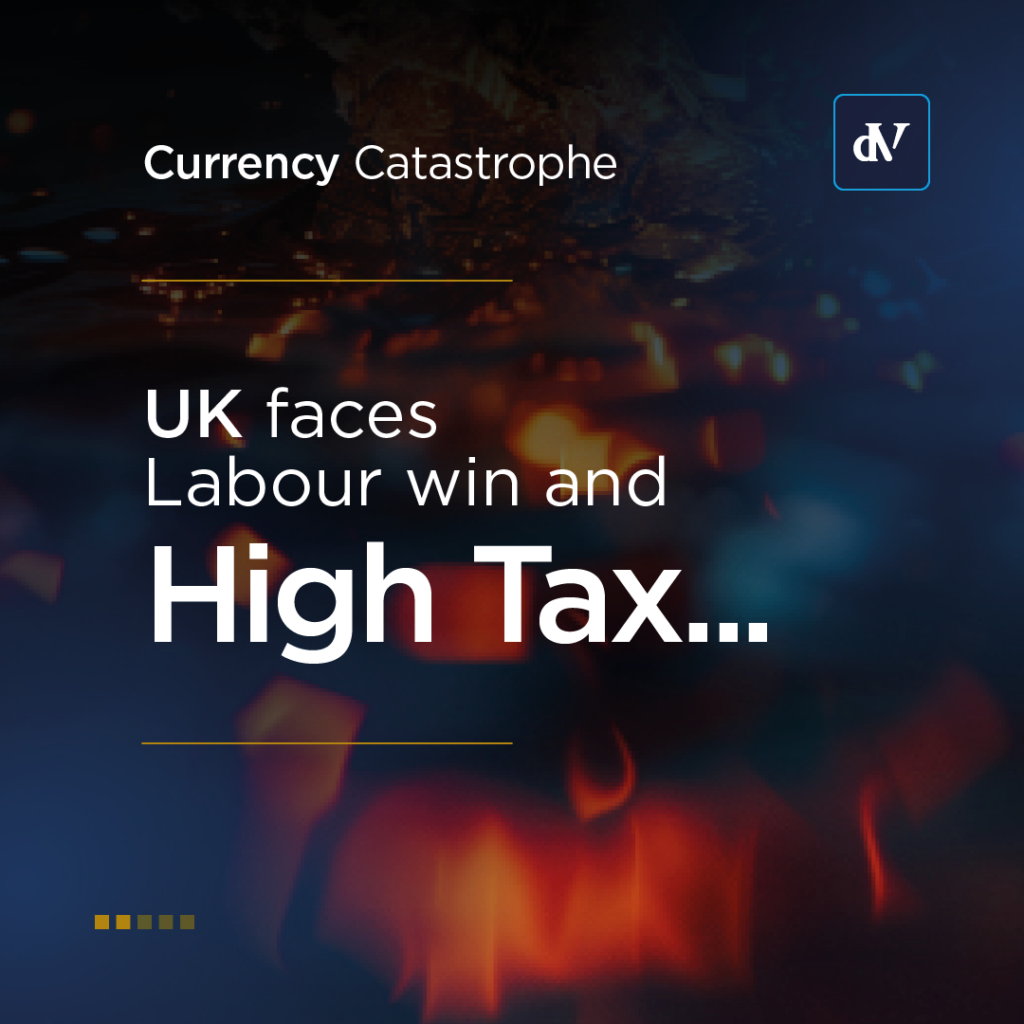|
Getting your Trinity Audio player ready...
|
Introduction
On the 24th of February 2022, Russia escalated the conflict that began in 2014 with a full-scale invasion of Ukraine. In the eight months that followed, the economic fallout resulting from the invasion was significant. Indeed, the financial shockwaves of this conflict have rippled across the globe, leaving few Western nations unaffected.
In response to Russian aggression, various countries began implementing several economic sanctions against Russia. These sanctions seek to cripple Russia’s ability to fund the war and deter further aggression. In this article, we will briefly explore the nature of these Russian sanctions, the consequences of their implementation, and the impact the conflict has had on the U.K economy.
Impact of Russian Sanctions
Sanctions are commercial and financial penalties applied against self-governing states. When states began implementing these Russian sanctions, the main objective was to limit access to funding. In doing so, it was hoped that Russia would struggle to continue to support the invasion through a combination of economic limitations and internal political pressure.
These sanctions included price caps on Russian oil exports, the removal of Russian banks from international systems such as SWIFT, the freezing of Russian held assets, and the prevention of Russian entities from borrowing money internationally.
Naturally, Russia responded to these sanctions with a number of its own. It began by banning the exports of over 200 goods that included medical equipment, vehicles, agricultural products, and timber. Most recently, it has also begun to limit the amount of natural gas it supplies to the rest of Europe. Further, Russia began to block interest payments to foreign holders of government bonds and prevented the sale of Russian assets by international entities.
The impact of this mutual sanctioning has inarguably harmed the global economy. At the time of writing, Russia is struggling with a 17.1% rate of annual inflation with a predicted 30% decline in GDP issued in an unofficial forecast by the IFF. According to the latest data, car sales fell 83.5% in May, with retail trading falling 8-9% this year.
Regrettably, the UK economy is not faring much better. According to https://www.statista.com/topics/6500/the-british-economy/#dossierKeyfigures, the United Kingdom’s inflation rate sits at 9.9%, the highest reading since 1982. As https://tradingeconomics.com/united-kingdom/inflation-cpi details, the cost of food has risen 13.1% with the cost of housing and utilities rising 20%. Further, almost directly due to Russian sanctions, the cost of electricity has risen 54% with gas rising a shocking 95.7% over the same period.
As many readers will already be aware, this surge in prices has resulted in a cost of living crisis for citizens across Europe. Further, the value of the pound and the euro has fallen since the conflict began.
Indeed, the euro recently traded at an eight-year low against the ruble as the euro briefly fell below 51 rubles. The pound-to-ruble currency pair has performed considerably worse as the pound is down over 60% against the ruble since early March.
The most significant consequence of Russian sanctions that Europeans will endure comes at the hands of increased energy prices over the winter months. Due to diminishing amounts of Russian oil and gas supplied to Europe, energy costs have risen sharply. These increased costs will mean that many Europeans will be unable to operate their heating at the same levels they would have been able to in previous years. At its worst, the decreased supply of gas may lead to blackouts across Europe as European governments struggle to find alternative sources of oil and gas to replenish their stocks.
How is Russia Funding The War?
Despite the broad range of sanctions against Russia, the shadow of war continues to loom over Ukraine. The Russian ability to continue funding the war has led many investors to question how this is possible in the face of Russia’s economic challenges.
In short, Russia’s ability to finance the invasion of Ukraine has been greatly aided by the rising cost of oil and gas. As the BBC recently reported https://www.bbc.com/news/world-europe-60125659, David Fyfe, chief economist at research organisation Argus Media, noted that Russia’s crude oil revenues have risen over 40% throughout the past year. Given that oil accounts for almost 40% of Russia’s total exports, the increased cost of oil has significantly supported Russia’s efforts to fund the war in Ukraine.
Although the Russian sanctions did not have the impact many had hoped they would, they succeeded to some extent. According to Fyfe, the Russian sanctions did succeed in weakening Russia’s efforts in other aspects, such as preventing access to technological components required by its military.
The Russian currency has also strengthened considerably over the last few months as the currency has recovered over 60% from the record lows in March this year. The ruble’s dramatic rise in value is the result of a combination of factors which include the strict capital controls that have been enforced by the Russian government. Thanks to these capital controls, the ruble was the only major currency that was able to strengthen against the U.S dollar.
According to experts, the ruble’s bull run is not yet over. During October, experts expect the ruble to continue to outpace other major currencies. This continued strength will be partly due to the Bank of Russia’s intention to raise their key rate by 50 basis points. With soaring commodity prices, strict capital controls, and rising interest rates, it appears as though the Russian currency may cement itself as the best-performing currency in 2022.
Conclusion
With the war in Ukraine having no end in sight, it is unlikely we will see a reduction in sanctions in the short term. Regrettably, the situation in Ukraine may deteriorate further before it beings to improve. If this conflict has had an impact on your portfolio, or you would like some advice about how to navigate your way through these volatile currency markets, we recommend reaching out to one of our experts today!




